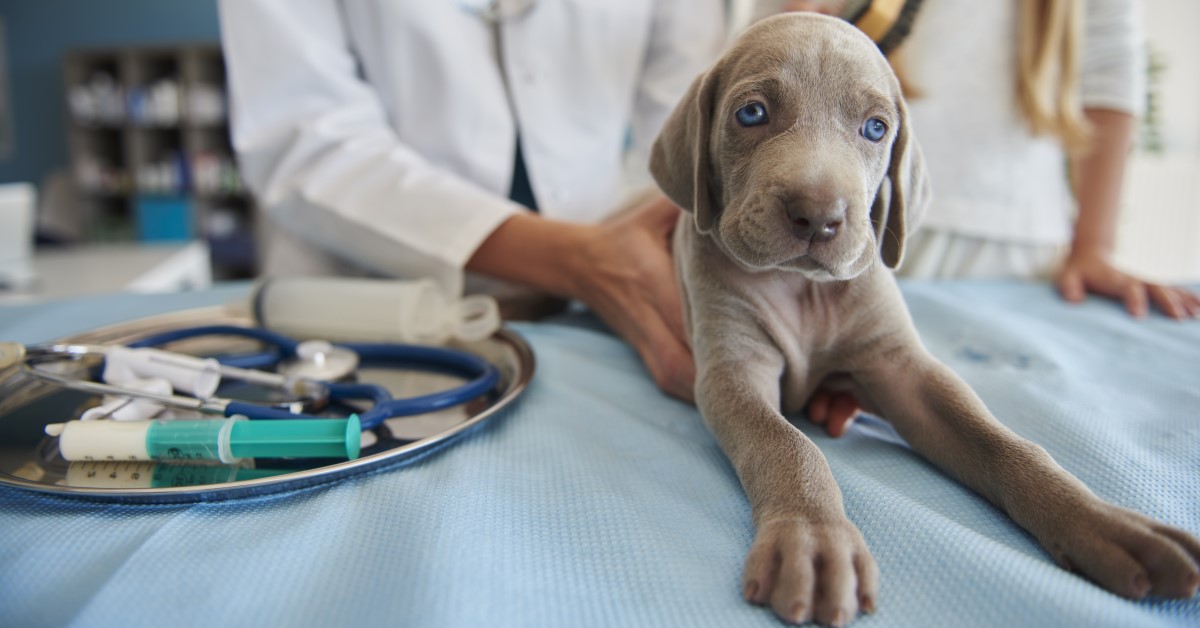How Spay or Neuter Surgery Can Keep Your Pet Healthy
Spay and neuter surgery can give your pet's health and wellness an important boost.

No matter how much you love animals, you might not be ready to deal with an entire houseful of furry friends. You might find yourself considering having your pets spayed or neutered for that very reason. However, there are other important reasons to spay/neuter your dog or cat, including some very important health benefits. Let's explore the potential impacts of spaying and neutering on your pets’ health and wellness.
The Process of Spay or Neuter Surgery for Dogs & Cats
Spaying and neutering involve two notably different surgeries to remove an animal’s reproductive organs. Spay surgery is more invasive than neuter surgery, but both can be performed with a high rate of safety without an excessive amount of recovery time.
In spay surgery, the veterinarian makes an incision in a female animal’s lower abdomen, near the uterus. Surgical instruments are then used to remove the uterus, fallopian tubes, and ovaries before the surgeon stitches up the incision.
In neuter surgery, the surgeon merely makes an incision in a male animal’s scrotum and extracts the testes. The incision is then stitched up. This simple operation takes only a few minutes to complete.
Whichever operation your dog or cat receives, you can usually bring your pet home the same day as the surgery, although spaying sometimes requires overnight observation. Your veterinarian will prescribe painkillers and antibiotics to ease your pet's recuperation. Your dog or cat may also have to wear a protective cone to keep it from licking or biting the surgery site during the healing process. Bring your pet back to the vet if you notice complications such as redness, continued bleeding, or obvious infection.
Health and Wellness Benefits for Your Pet
Spay and neuter surgery can help keep your pet healthier in a variety of ways. For instance, female animals with narrow hips or other factors that complicate childbirth can clearly benefit from never getting pregnant.
Some other key health and wellness benefits for your pet include:
Cancer prevention: reproductive cancers represent a genuine threat to sexually mature animals. Outright removal of the reproductive organs eliminates the threat of uterine, ovarian, or testicular cancer. Spay surgery also drastically reduces a female's risk of developing mammalian cancer. This is another significant benefit, since up to 50 percent of breast tumors in dogs, and 90 percent of them in cats, prove aggressively malignant.
An end to heat-related behaviors: in addition to marking their territory, animals in heat can display aggression against people, other pets, or wild animals. This aggression can lead to fights that result in serious injury. Your pet may also roam outdoors compulsively in search of mates, running into traffic, hostile animals, and other dangers along the way. Spaying/neutering your pet before the first heat cycle appears can stop the dangers of heat-related aggression and roaming.
A Happier World for the Whole Pet Community
Beyond the many health benefits of spaying and neutering their pets, pet owners should think about the positive impact this step has on the animal community as a whole. When owners let their pets produce litter after litter, they often have no choice but to surrender the kittens and puppies to local animal shelters. Unfortunately, shelters lack the space and funding to care for an unlimited number of animals.
Of the 6.3 million pets that go into animal shelters every year, approximately 920,000 of them must be euthanized because the shelters simply can't feed and house them all. If more owners sterilized their pets early in life, shelters wouldn't be nearly as inundated by unwanted puppies and kittens. Instead, they would have more resources available for all the animals already awaiting adoption.
Earlier Is Better
If you mainly seek to eliminate unwanted conception, you can have your pet spayed or neutered at any point during their adulthood. However, if you want to get the full range of health and wellness benefits from this procedure, it’s recommended to sterilize your pet before he or she reaches sexual maturity. Puppies can undergo spaying or neutering from the age of eight weeks onward, with most owners scheduling it before the nine-month mark. Kittens can also be sterilized at eight weeks or older, with spaying ideally performed before the fifth month of life.
Talk to Your Vet About Spaying and Neutering
As you can see, spay and neuter surgery can help pets enjoy a healthier, happier life while also giving pets everywhere a better chance for survival in a crowded animal community. While many pet insurance programs won't cover these procedures (on the grounds that they count as elective surgery), you can always make the procedure easier to afford by enrolling in a veterinary discount plan. Just don't wait until your home is full of little "surprises'' before taking this important step!
Ready to start saving money on pet wellness care?
Then take a look at Mint Wellness, the pet wellness plan that provides fast reimbursement on routine pet care. Save on vaccinations, wellness exams, preventatives, dental, and more!
Learn More


